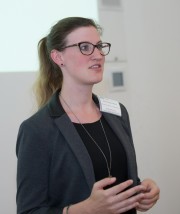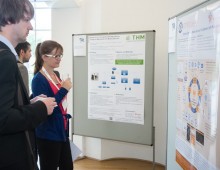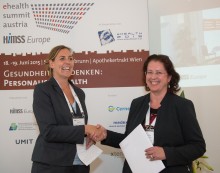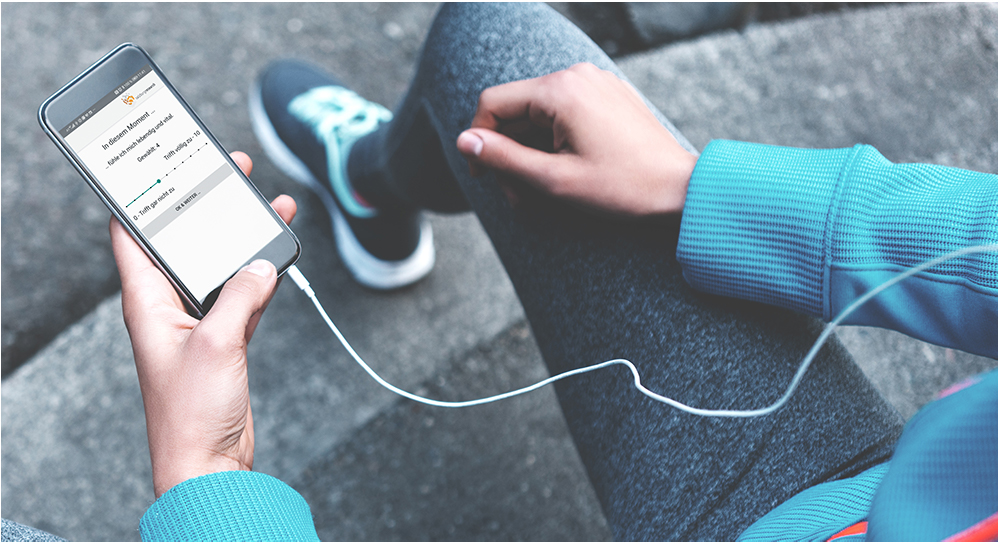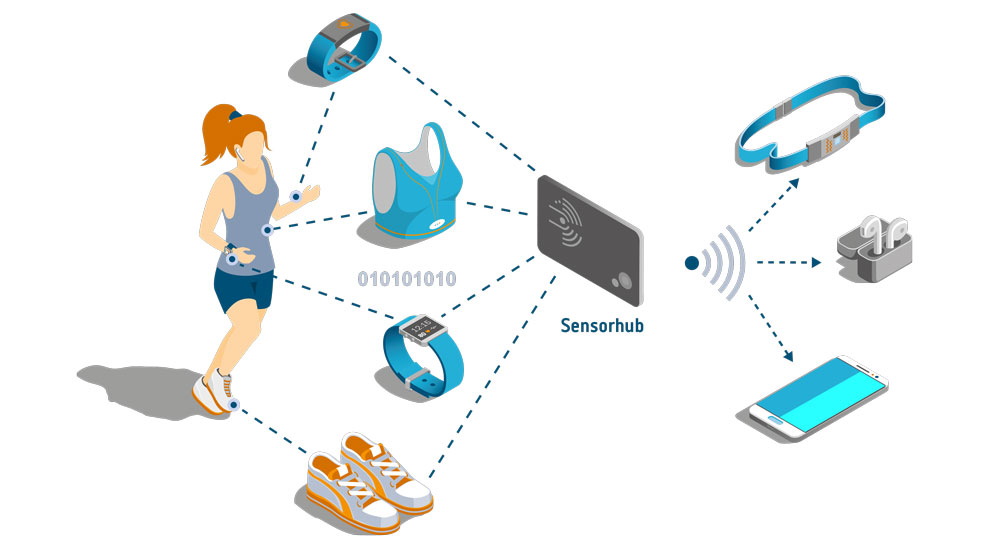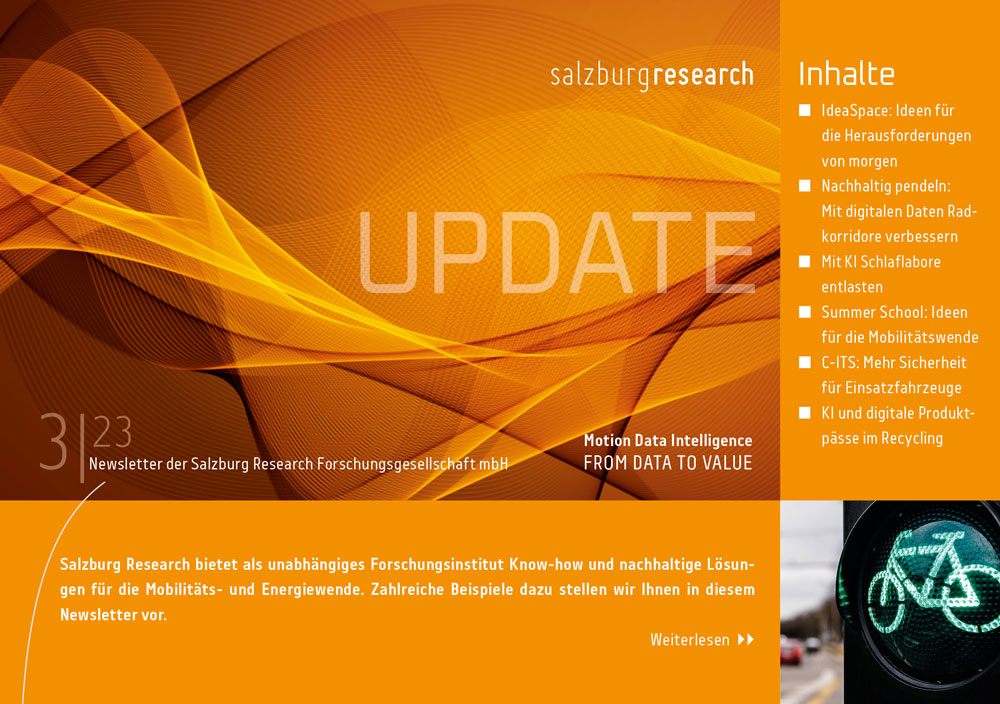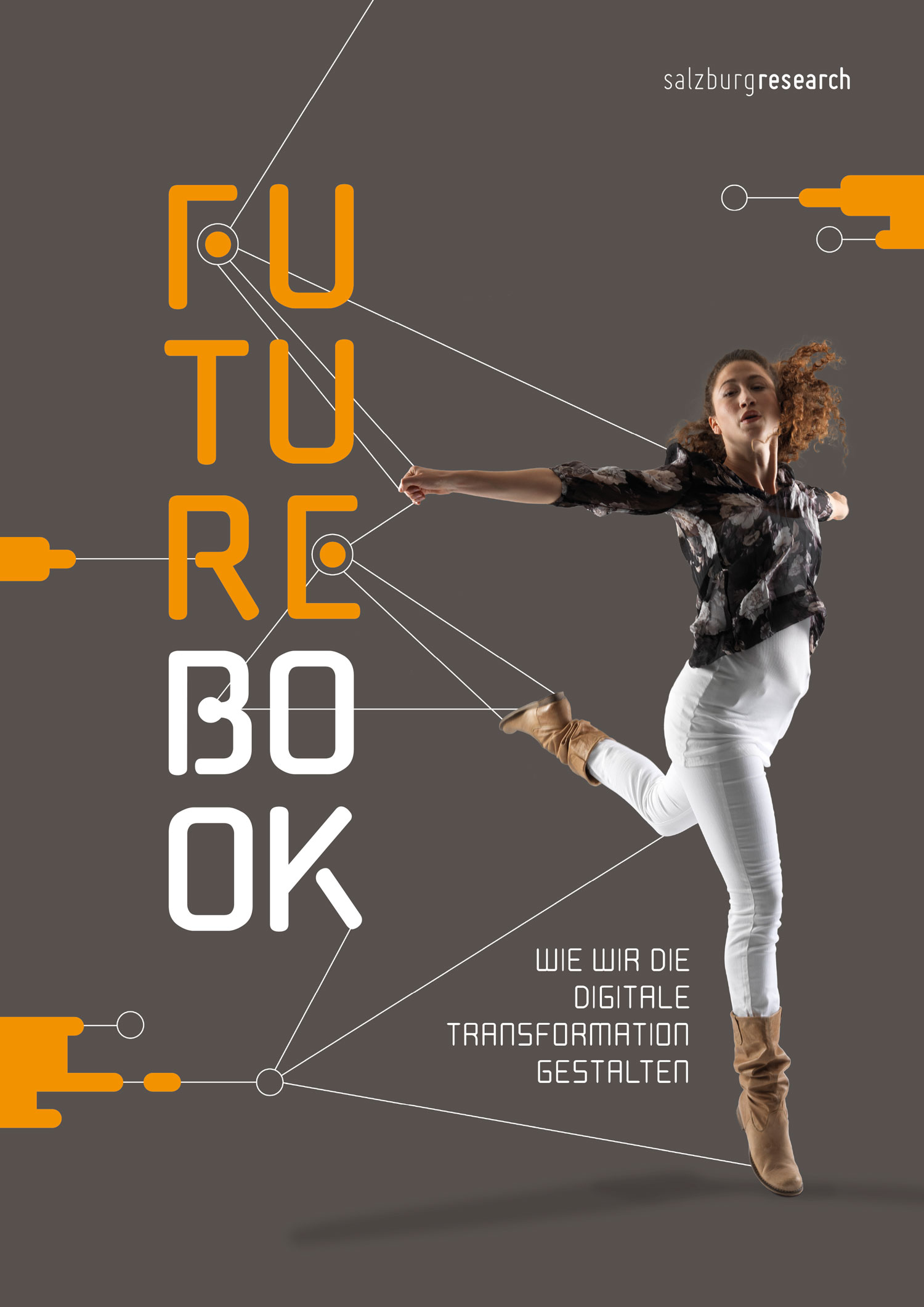Awards at the eHealth Summit Austria
The eHealth Summit Austria was held in co-operation with the scientific conference eHealth2015. Within two days 14 Poster were presented, more than 80 presentations, and one roundtable were held for more than 300 visitors.
Salzburg Research won the Best Poster Award for EMPOWER – Patient-Empowerment Services for Diabetes Self-Management.
Abstract:
“Diabetes is a serious world-wide medical challenge and there is a recognised need for improved diabetes care outcomes. This paper describes results of the EMPOWER project, to foster the self-management of diabetes patients by integration of existing and new services offered to patients after having been diagnosed with diabetes. The Self-Management Pathway described in this paper helps patients in the specification of personalized activities based on medical recommendations and personal goals, as well as self-monitoring of the results. The whole process is supported by innovative ICT services that motivate patients to change their lifestyle and adhere to defined medication and activity plans. We describe the approach and present the findings of the validation phase in Germany and Turkey.”
Every year four papers are published in the Journal Applied Clinical Informatics. Salzburg Research’s paper “Effects of an assistance service on the quality of life of elderly users” was among the selected papers:
Willner, V., Schneider, C., & Feichtenschlager, M. (2015): eHealth 2015 Special Issue: Effects of an assistance service on the quality of life of elderly users. In: Applied Clinical Informatics, 6(3), 429–442.
Abstract:
Background: The ‘Confidence’ smartphone application aims to support elderly people’s independence as long as possible.
Objective: This paper presents first findings on the impact of the system on elderlies’ lives.
Methods: 41 end-users tested ‘Confidence’ for six weeks in their daily routine. Before and after the test period the participants assessed their quality of life (QoL). These assessments were analyzed together with additional QoL statements and the usage of ‘Confidence’ which were collected with questionnaires.
Results: Six participants assessed their QoL after the trial better than before and six participants assessed it as worse. Five individuals felt that ‘Confidence’ positively influenced their life and these five testers had a positive attitude towards ‘Confidence’ from the start of the trial. After the trial 38 % of the participants said that they felt safer, 37 % communicated more with others, 27 % forgot less, 13 % felt better oriented outside, and 7 % were more on the move due to ‘Confidence’. Three percent said that they were less on the move, two percent felt more unsafe and two percent were less outside.
Conclusion: ‘Confidence’ has the potential to affect elderly users’ lives. However, within this analysis positive or negative effects of its usage were not correlated with the QoL assessment. A connection between positive attitude towards technology prior use and a positive impact afterwards was found.
Link to the article: http://doi.org/10.4338/ACI-2015-03-RA-0033
All presentations can be found online: ehealthsummit.at/downloads15
Photos: eHealth Summit Austria, Krisztian Juhasz

